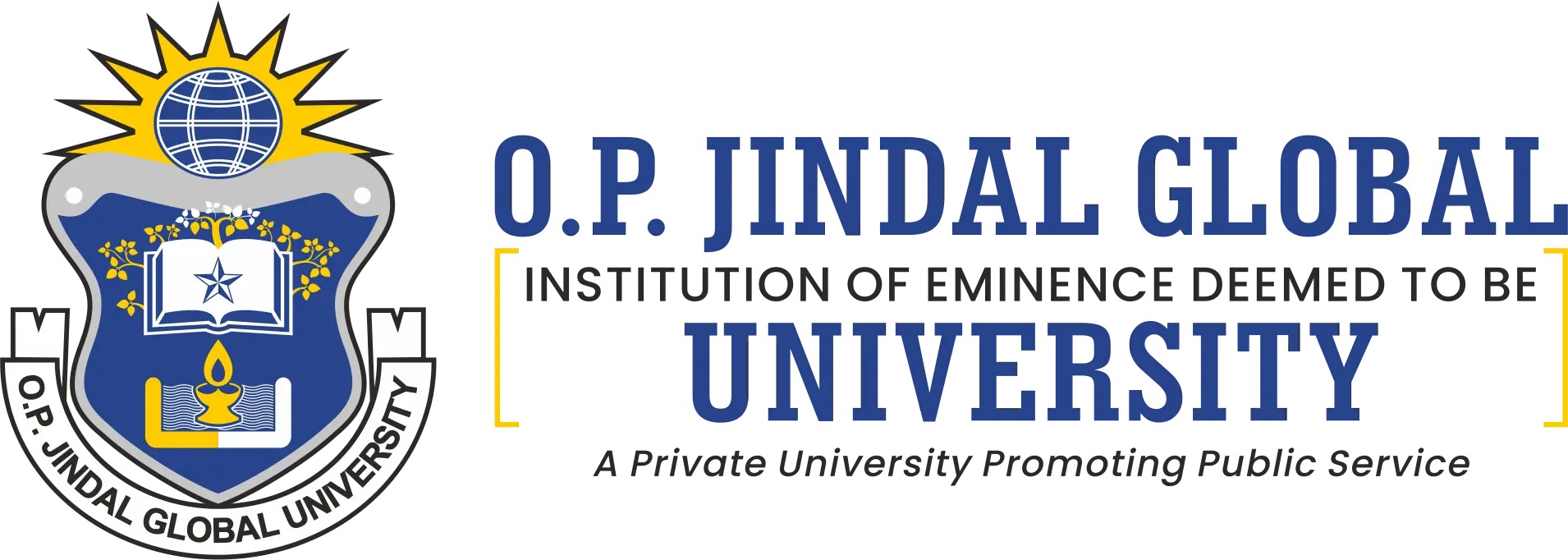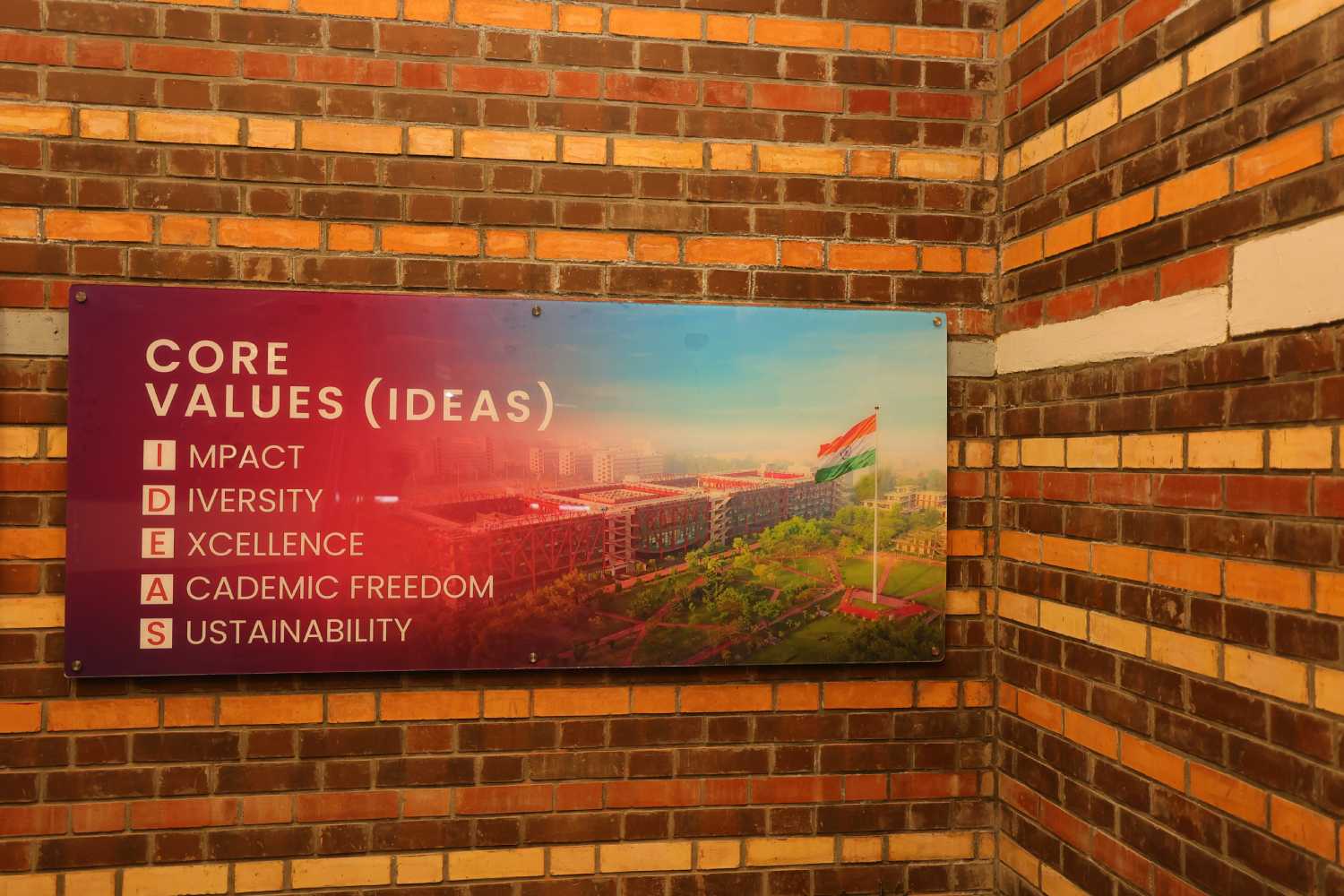Research Report on ‘The Internet and a Changing World’ Research Report on ‘Yale-Jindal Conversations on Globalisation’ Research Report on ‘Rethinking International Institutions’
Traditional notions of sovereignty and the nation-state in international relations and international law have, if not entirely eroded, been joined by the rise in importance of transnational actors. These bodies may be state-driven international institutions such as the World Trade Organisation or the G-20, regional political organizations such as the Southern African Development Community, or private sector entities ranging from multi-national corporations (MNCs) and non-governmental organisations (NGOs) to activist networks. Cooperation and interdependence between this network of state and non-state actors with the intention of tackling problems that transcend traditional nation-state boundaries is the aim of the area of study known as global governance.
The Centre for Global Governance and Policy (CGGP) is unique in its study of global governance issues. CGGP is held jointly by the Jindal School of International Affairs (JSIA) and Jindal Global Law School (JGLS). As such, CGGP combines legal and International Relations perspectives. As disciplines, International Relations and Law often speak in separate tones. CGGP aims at intensive and multi-disciplinary research on the abovementioned cross-border problems, marrying the insights of Law and International Relations to address both the academe and a policymaking audience.
CGGP emphasises a Global South perspective and probes the possibility for more balanced and even-handed structure for global governance. Simultaneously, CGGP feels that academic focus on Indian foreign policy is fixated on strategic issues relating to immediate neighbours (i.e. Pakistan, China, Bangladesh, Sri Lanka et al) or with Europe and the US, leaving the country’s relations with Latin America, Africa, and the rest of Asia understudied. The CGGP seeks to break new ground in transcending this parochial mould and promoting cutting edge research on South-South relations with a special onus on India’s role as a bridge-builder and consensus maker.
In March 2011, CGGP released a report entitled Rethinking International Institutions: A Global South Agenda. The Report interrogates existing international institutions—both formal institutions, such as the World Trade Organisation and the United Nations Security Council, and informal institutions, including concepts like humanitarian intervention and democracy promotion. The Report builds on existing literature on institutions within International Relations and International Law parlance. It notes the declining prominence conferred by the Global South on traditional international institutions, and examines the implications for the rise of so-called post millennium international institutions. The Report highlights diverging aspirations between, roughly, advanced and less advanced emerging economies, creating marked differences in use of traditional international institutions, and access to post millennium international institutions. The Report calls for the development of a Standing Committee in the G-77, chaired by India, to address these divergences.
Area of Specialization
- The Centre aims at intensive and multidisciplinary research on cross-border problems
- Marrying the insights of law and international relations to address both the academe and the policymaking audience


